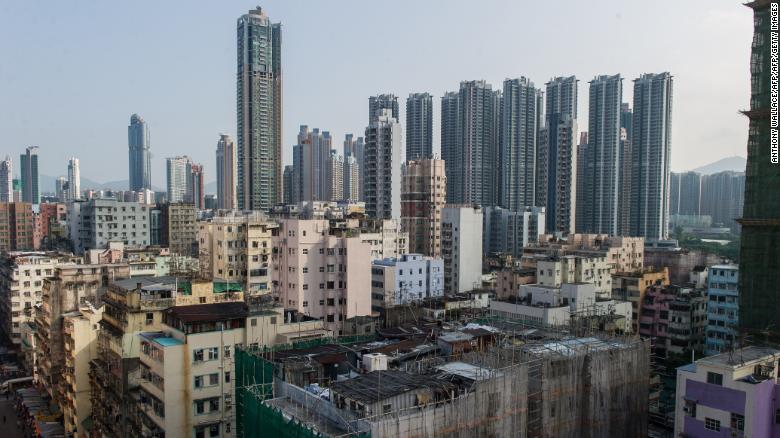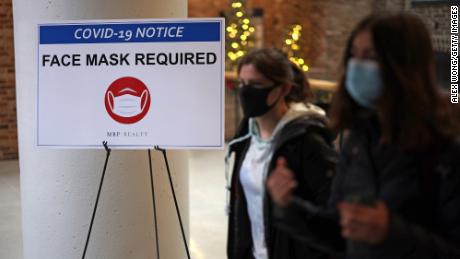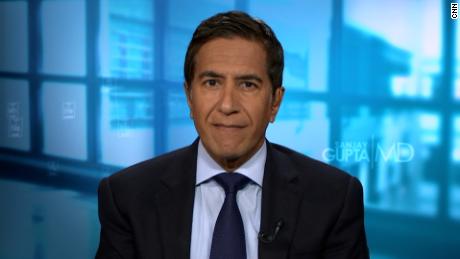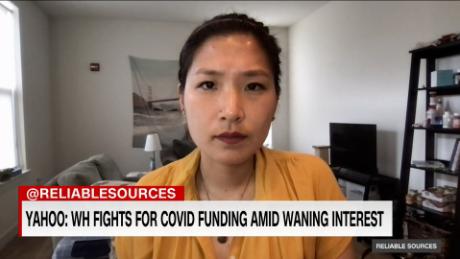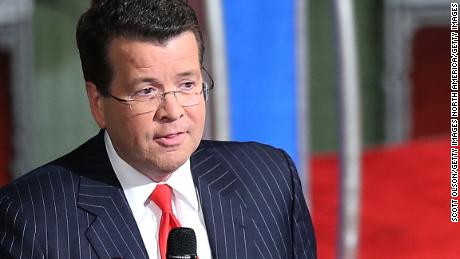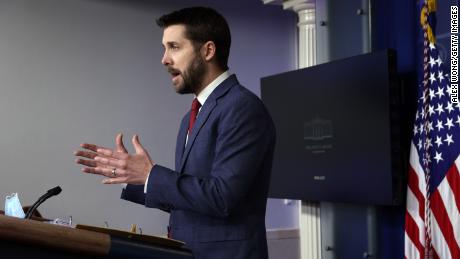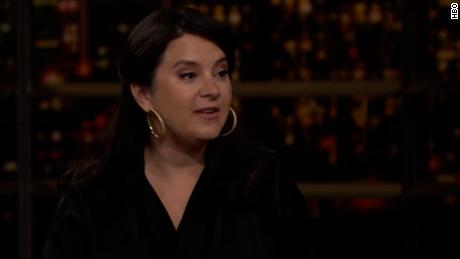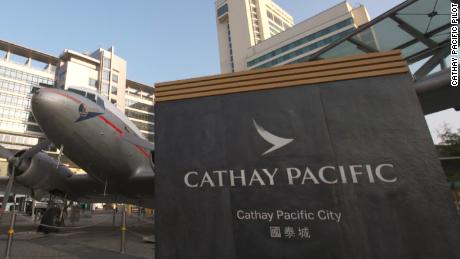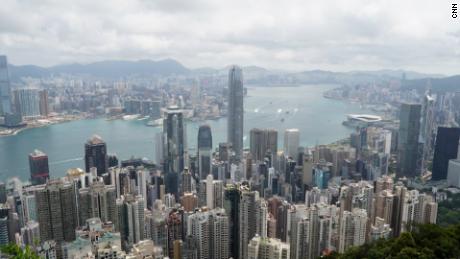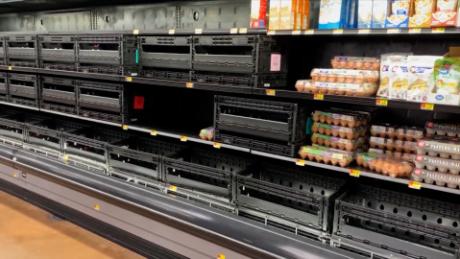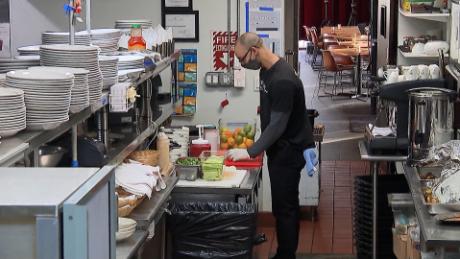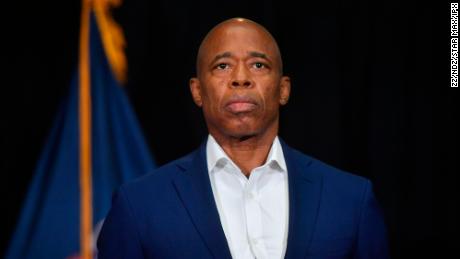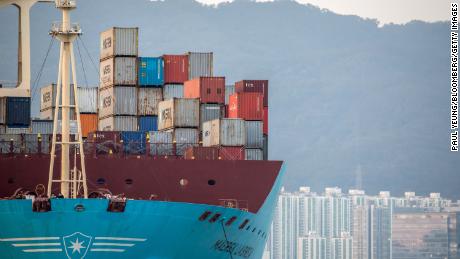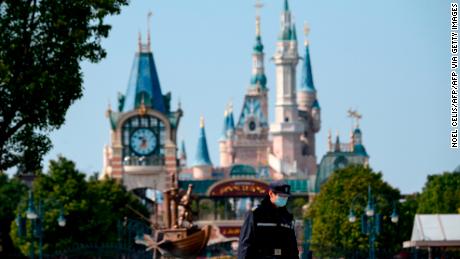Hong Kong (CNN Business)Hong Kong is handing most of its residents a pile of cash to spend as it tries to save its slumping economy from the aftermath of protests and the coronavirus outbreak.
The Asian financial hub said Wednesday that the measure тАФ the cornerstone of a 120 billion Hong Kong dollar ($15.4 billion) stimulus package тАФ will involve giving 10,000 Hong Kong dollars (about $1,280) to all permanent residents in the city who are at least 18. About seven million people will benefit from that program.
Financial Secretary Paul Chan also warned that the city will record its first budget deficit in 15 years due to the recession that began in the third quarter of 2019.
The situation is expected to worsen. Chan said the deficit for the next fiscal year through March 2021 is expected to hit a record high of around 4.8% of the city's GDP.
"Hong Kong's economy is facing enormous challenges this year," Chan said. "The outlook is far from promising in the near term."
The financial secretary said during a budget presentation that Hong Kong's economy has been "dragged by a host of headwinds" that percolated last year, including fallout from months of mass protests, the ongoing US-China trade war and the slowing global economy.
Those issues pushed Hong Kong into recession, with the economy shrinking 1.2% overall last year, marking its first annual decline since the global financial crisis.
Now, it is also confronting the spread of the novel coronavirus, which "has dealt a severe blow to economic activities and sentiment in Hong Kong," Chan told the city's Legislative Council.
Some of the money for the relief package will come from a special fund that has been established "in view of the deteriorating economic and employment conditions as a result of the novel coronavirus epidemic," Chan said.
In addition to the government handout, the government will also slash income tax for some residents, he said, adding that this would impact almost 2 million taxpayers. Authorities also plan to give low-income residents of public housing a month of free rent, as well as provide a one-off allowance to 200,000 underprivileged households.
Next's year's projected budget deficit is "higher than what many people expected," according to Terence Chong, an associate professor of economics at the Chinese University of Hong Kong.
But he added that Hong Kong can likely take the hit given it maintains a healthy financial cushion тАФ it has about $145 billion in fiscal reserves.
"This [deficit] actually is not that big a deal," Chong told CNN Business. "We do have ways to get back the money, so I'm not that worried about that."
The Hong Kong government has been trying to boost its economy for months. It has already rolled out several rounds of stimulus collectively worth more than 30 billion Hong Kong dollars ($3.9 billion).
Despite the ongoing challenges, Chan said he believes the economy will be able to bounce back in the long term.
"Although the impact of the epidemic on our economy in the near term could possibly be greater than that of the SARS outbreak in 2003 ... Hong Kong's economic fundamentals remain solid," he said. "The economy of Hong Kong should be able to recover once the epidemic is over."
тАФ CNN's Eric Cheung contributed to this report.
